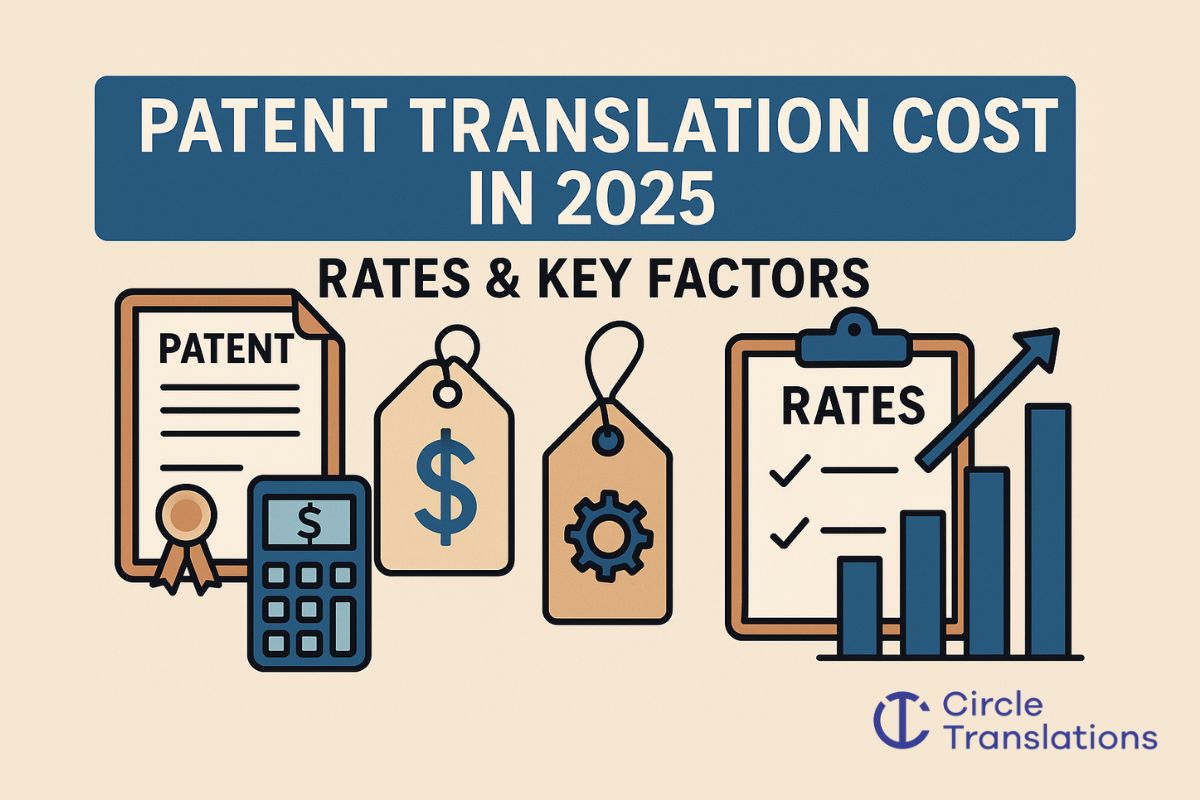It is common practice for businesses to hire a language service provider (LSP) when they require a translation. But there are many different types of LSPs nowadays, and it might be confusing for some as to which ones to choose. In particular, a lot of people are trying to decide between a single language vendor (SLV) and a multi-language vendor (MLV). But what’s the difference between SLV and MLV, anyway? That is exactly what we are going to talk about today.
Subtitles

Professional and Accurate Subtitle Services for your Videos.
- Video subtitles specifically tailor-made for improving accessibility.
- Using highly experienced subtitlers with years of industry experience.
- Professionally written and expertly timed.
Translation

We help the world’s top companies translate their content in over 73 languages!
- We localize content for internet websites, games, travel, cryptocurrencies, and more
- Expand your global audience by adding different languages.
- We work only with qualified translators and experienced content creators
Audio translation

Ensuring full accessibility for Blind and visual impaired audiences.
- Visual descriptive events as they occur in the video.
- Working with top audio describers to perfectly describe what is happening on-screen
- Professional sound recording.














